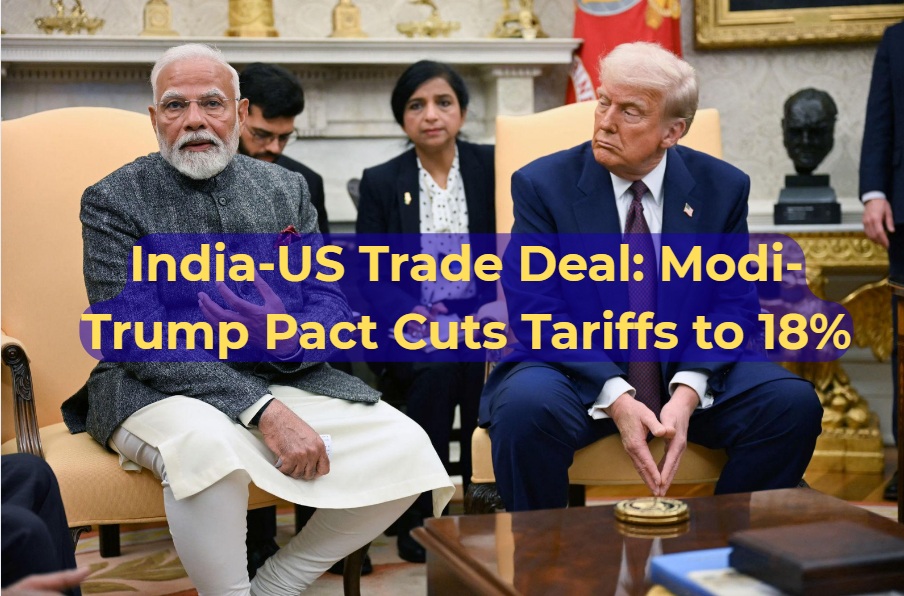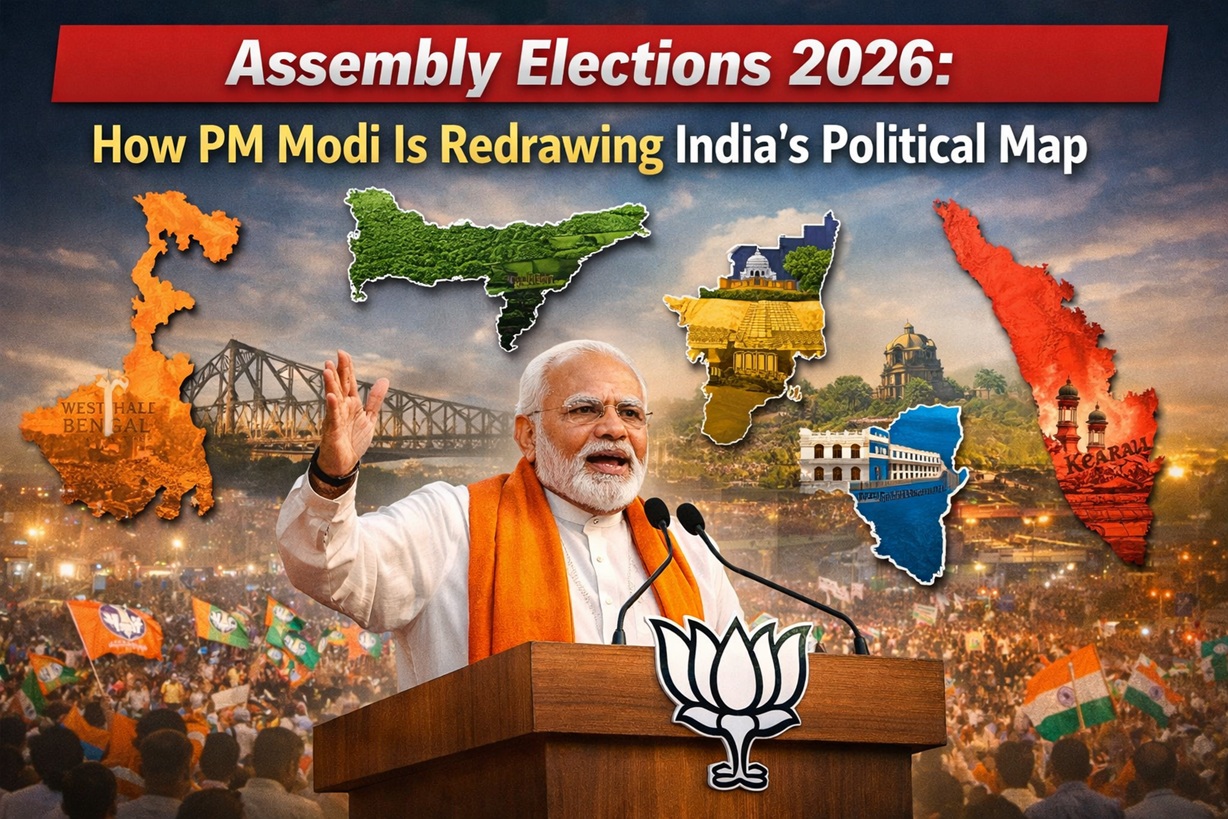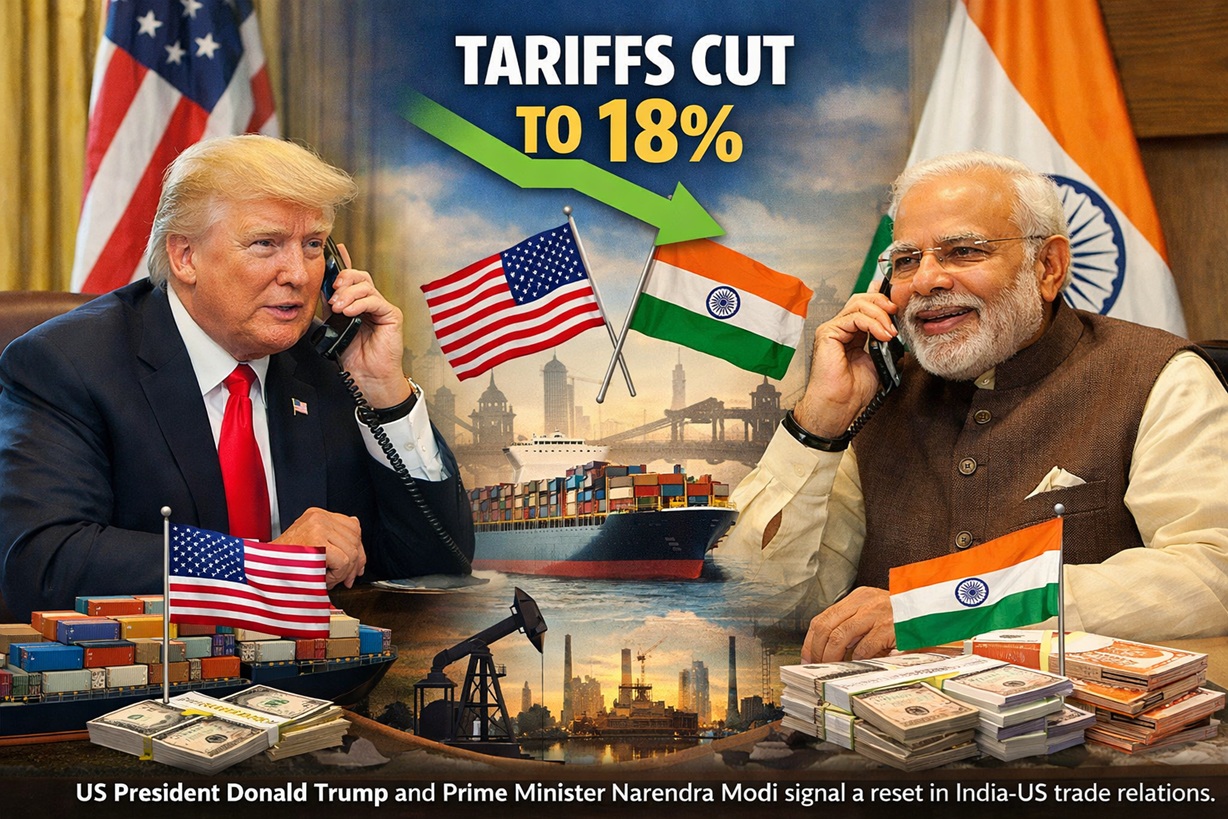On October 2, 2024, coinciding with Mahatma Gandhi’s birth anniversary, a new political force emerged in Bihar as election strategist Prashant Kishor officially launched his own party, Jan Suraaj, at a rally in Patna. This marked a historic moment in Bihar’s political landscape, where Kishor, once known for his behind-the-scenes role in shaping election victories for others, stepped onto the main stage of politics as a leader.
The Event and Key Announcements
The official launch took place at the Veterinary College Grounds in Patna, where Kishor was joined by thousands of supporters. The event was filled with symbolic importance, with Kishor raising the slogan “Jai Jai Bihar,” calling for the state’s voice to be heard across the country. The slogan not only resonated with regional pride but also hinted at the party’s focus on addressing the marginalization of Biharis, particularly those living and working outside the state.
In a strategic move, Kishor announced that Manoj Bharti would serve as the Bihar State Working President of Jan Swaraj. This appointment signalled the start of a new political organization that aims to challenge the existing power dynamics in the state, where figures like Tejashwi Yadav, Chirag Paswan, and Nitish Kumar have dominated the scene for years.
Kishor’s speech took on a tone of urgency and determination. He highlighted how Biharis often face discrimination in other parts of India and stressed that his party’s mission would be to advocate for their dignity and rights. “Your voice should be so loud that it reaches Bengal, Tamil Nadu, and Delhi,” he told the crowd. This sentiment reflected Kishor’s broader vision of empowering Bihar and reclaiming the state’s importance on the national political stage.
A New Role for Prashant Kishor
Prashant Kishor’s entry into active politics marks a significant transition for the election strategist who has helped several leaders and parties win elections, including Narendra Modi in 2014 and Nitish Kumar in 2015. Known for his data-driven approach and ability to shape campaigns, Kishor’s influence on Indian politics over the last decade has been undeniable. However, stepping into a leadership role is an entirely different challenge.
Kishor’s critics have been quick to question whether his skills as a strategist will translate into effective leadership. Political strategy requires behind-the-scenes maneuvering, but leading a party involves public accountability, governance, and grassroots engagement—skills that are often different from those required in strategy-making. The metaphor often used is that “not every coach makes a good player, and not every player makes a good coach.”
This shift in role raises the question of whether Kishor’s expertise in creating election campaigns will help him navigate the complexities of being a full-time politician, especially in a state as politically volatile as Bihar.
Criticism and Controversy
Despite the enthusiasm surrounding the launch of Jan Swaraj, Kishor’s entry into politics has not been without controversy. Many critics argue that Kishor represents a corporate style of politics, focusing more on event management than real issues. One vocal critique lambasted Kishor for choosing October 2, 2024, for his party launch while large parts of Bihar remain submerged due to severe flooding in 17 districts.
Critics pointed out that while leaders like Pappu Yadav were on the ground, providing relief in flood-affected areas, Kishor was busy with political symbolism. This raised concerns that his party might be more focused on optics than addressing urgent local crises. These accusations paint a picture of a leader who is disconnected from the on-the-ground realities of Bihar’s most vulnerable populations.
Moreover, Kishor’s past as an election strategist for parties across the political spectrum—including the BJP, Congress, and JD(U)—has led to accusations of opportunism. His critics argue that Kishor has shifted loyalties based on convenience, working for Narendra Modi, Nitish Kumar, and Rahul Gandhi at different points in his career. His detractors suggest that this lack of a consistent ideological stance undermines his credibility as a political leader.
The Politics of Election Strategy
Prashant Kishor’s rise to prominence was built on his ability to shape election outcomes. His work with Narendra Modi during the 2014 general election and Nitish Kumar during the 2015 Bihar elections solidified his reputation as one of India’s top election strategists. His use of data analytics, digital campaigning, and grassroots mobilization transformed the way Indian political campaigns were run.
However, this success also brought criticism. Kishor has been accused of undermining the role of grassroots party workers by centralizing power within the leadership and strategists. Traditionally, Indian political campaigns relied heavily on local workers and regional networks to build support. Kishor’s approach, by contrast, shifted the focus to high-level strategizing, digital campaigns, and media management. Critics argue that this method sidelines the workers who are the backbone of any political movement.
In Bihar, this tension between leadership and grassroots workers has been particularly pronounced. Critics of Kishor argue that he is part of a broader trend in Indian politics where strategy and money are prioritized over ideological consistency and worker engagement. Some have gone so far as to say that Kishor’s rise has contributed to the weakening of party structures, particularly in the Congress and the BJP.
Bihar’s Political Landscape: What’s Next?
With Bihar’s elections slated for next year, the launch of Jan Swaraj adds a new dynamic to the state’s already crowded political field. Tejashwi Yadav of the RJD, Chirag Paswan of the LJP, and Nitish Kumar of the JD(U) are all preparing for a tough contest, and Kishor’s party could either emerge as a disruptor or fail to make a significant impact.
Kishor’s critics argue that his lack of ideological clarity could hurt him in the long run. While his strategies have worked for other parties, running his own political outfit requires a clear set of policies and a strong connection with voters, particularly in a state like Bihar where caste, regional identity, and economic development are key electoral issues.
On the other hand, Kishor’s supporters argue that his new party offers a much-needed alternative in Bihar’s stagnant political arena. They believe that Jan Swaraj can capitalize on voter discontent with the established political players and offer a fresh perspective, particularly on issues like governance, economic development, and education. Kishor has often spoken about the need for systemic reform, and his supporters hope that Jan Swaraj will champion these causes.
A New Chapter or a Political Experiment?
Prashant Kishor’s launch of Jan Suraaj marks a significant moment in Bihar’s political history. It represents the culmination of Kishor’s evolution from an election strategist to a political leader. However, his journey is just beginning, and the road ahead is fraught with challenges.
As the next Bihar election approaches, Kishor’s ability to transform his experience as a strategist into a successful political career will be closely watched. Will Jan Swaraj be able to offer a real alternative to the existing political order? Or will Kishor’s critics be proven right in their accusations of opportunism and corporate-style politics?
Only time will tell if Jan Suraaj can make a lasting impact, but one thing is certain: Bihar’s political landscape is now more dynamic than ever before.





